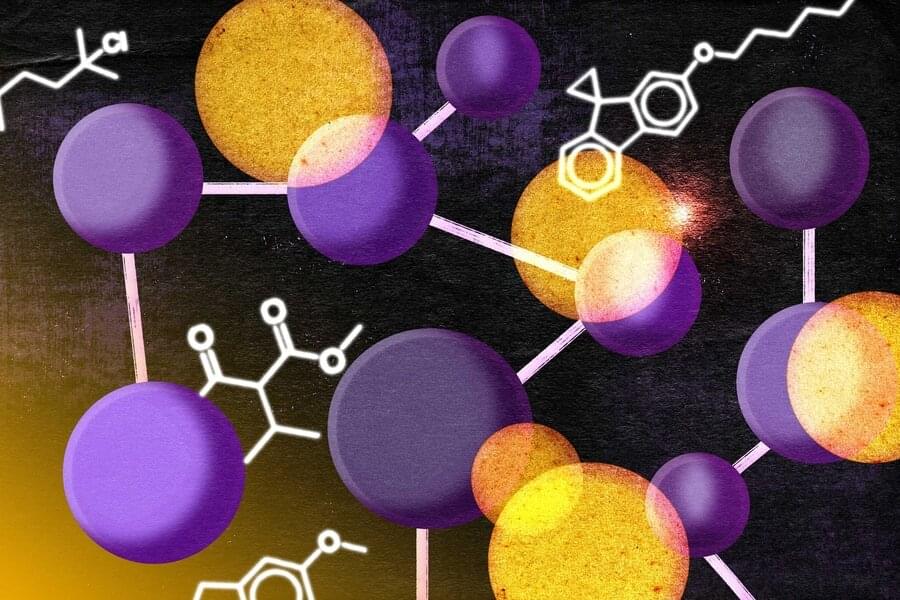Discovering new materials and drugs typically involves a manual, trial-and-error process that can take decades and cost millions of dollars. To streamline this process, scientists often use machine learning to predict molecular properties and narrow down the molecules they need to synthesize and test in the lab.
Researchers from MIT and the MIT-Watson AI Lab have developed a new, unified framework that can simultaneously predict molecular properties and generate new molecules much more efficiently than these popular deep-learning approaches.
To teach a machine-learning model to predict a molecule’s biological or mechanical properties, researchers must show it millions of labeled molecular structures—a process known as training. Due to the expense of discovering molecules and the challenges of hand-labeling millions of structures, large training datasets are often hard to come by, which limits the effectiveness of machine-learning approaches.
